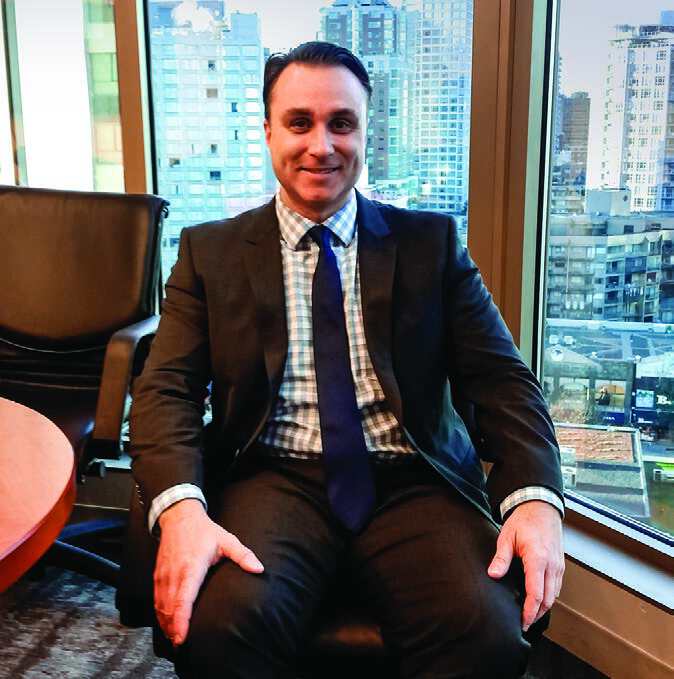The challenges that face a junior exploration company in developing a mineral resource are difficult enough. It’s made even more complex by regulatory burdens such as compliance with tax and securities laws and having to navigate the complex and sometimes volatile capital markets. For some juniors, the regulatory burden is too much to handle.
AME recognized the need to assist its members in this area, and in June 2015 formed a new committee called the Tax, Securities and Investment (TSI) Committee. The TSI Committee has three main objectives:
- to develop AME’s expertise internally in the areas of tax, securities and capital markets;
- to provide policy recommendations to AME’s Executive Committee and board of directors that positively impact AME’s membership and the resource industry as a whole; and
- to raise AME’s profile within the industry through engagement with local and federal governments and with peer groups such as the Prospectors & Developers Association of Canada and the Mining Association of B.C. The TSI Committee currently has 13 volunteers and is supported by two AME staff members. The committee includes tax practitioners, securities lawyers and experts in the capital markets.

During its first year, the TSI Committee considered a variety of issues that our industry currently faces and prioritized what would be important to our membership. In March 2015, the government announced changes to the tax definition of Canadian exploration expenses, expanding the definition to include community consultation and environmental costs incurred to obtain an exploration permit. This news was welcomed by the TSI Committee as a positive step by the government to allow exploration companies to claim expenditures as part of a flow-through financing or as a refundable income tax credit claimed under the Mining Exploration Tax Credit for B.C. projects. The TSI Committee is active in monitoring tax policy changes that impact mineral exploration and mining – especially in light of the new government in Ottawa – and will represent our members’ interests and the industry as a whole.
During the past year, the TSI Committee has also been working on a membership survey focusing on members’ attitudes toward the current capital markets, tax policy and the overall regulatory burden facing public companies. The goal of the survey is to learn more about what members find most critical, and the feedback that we receive could be used to engage with government in our lobbying efforts, as the survey will represent the AME membership’s collective view on the state of the industry. The TSI Committee is about to undertake another significant project to identify all of the regulatory bodies that regulate our industry across all areas. We believe this will be a great benefit to our membership as a reference tool for understanding the complicated regulatory framework that governs our industry.
